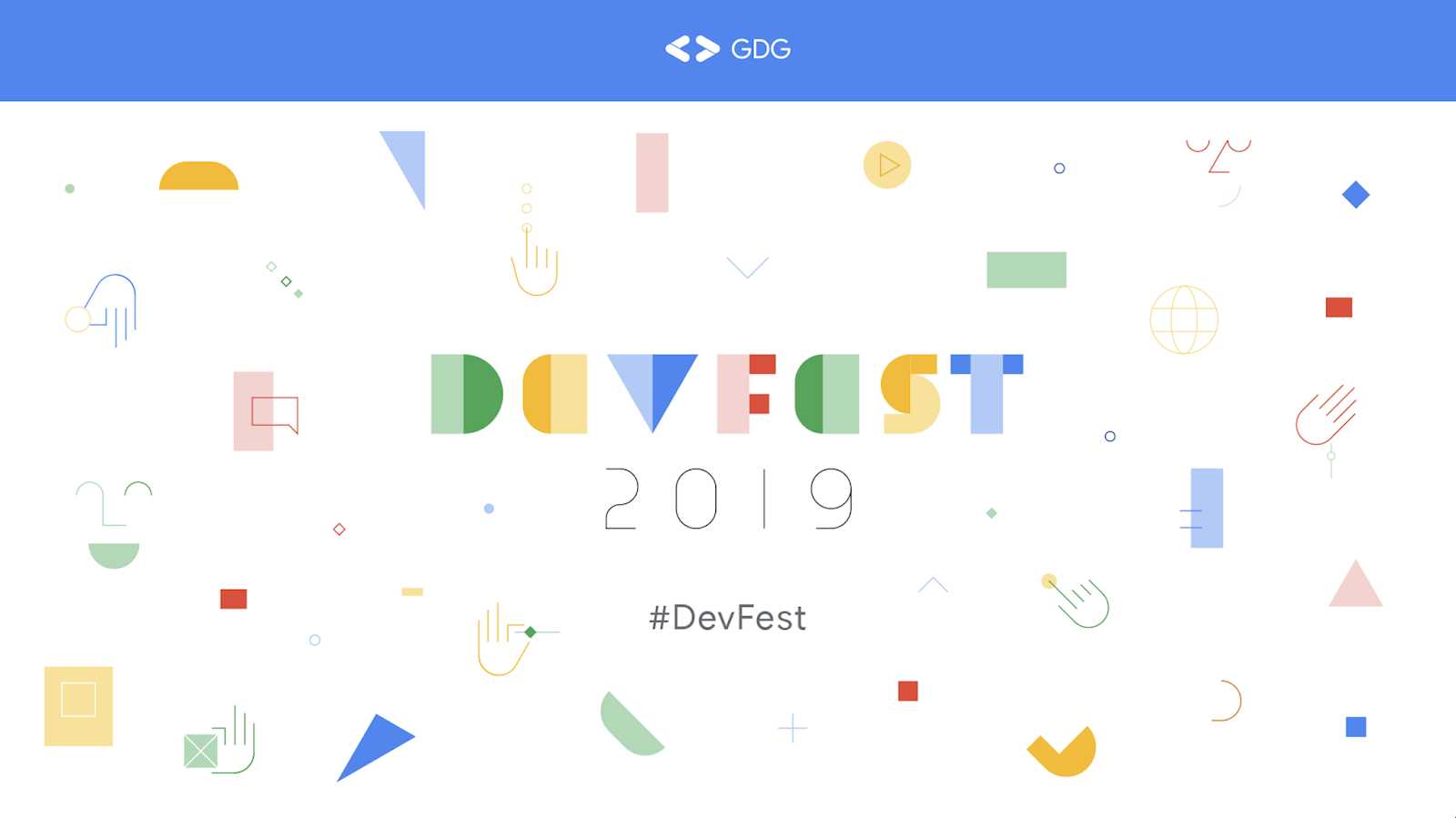Android 10, our newest release, brings helpful tools for both developers and consumers like suggested actions in Smart Reply to help you multitask faster, Dark theme for battery saving, Focus mode that keeps you from digital distractions, and more. And with almost 50 changes related to privacy and security, Android 10 gives you greater protection, transparency, and control over your data than ever before. It is important to both users and developers that these new releases find their way to mobile devices as fast as possible. In this post, we’ll share an update on the progress we’ve made with Project Treble, an initiative to help manufacturers update devices to new versions of Android more quickly.
Wait and See
When we launched Project Treble with Android 8.0 Oreo, we asked ourselves if our investment would pay off. There were two factors to consider in measuring the effectiveness of the program:
- Complexity: The new architecture was a major overhaul, meaning it could only be implemented for devices launching with Android 8.0 Oreo and not for devices upgrading from Android 7.0 Nougat and older versions.
- Time: We had to wait until we released Android 9 Pie to measure the rate of upgrades from Oreo and compare this number to the previous releases.
The Partner Beta Program
One of the earliest indications that Project Treble was having a positive effect was our ability to run the Beta program for Android 9 Pie on many more devices from more manufacturers. In addition to Google Pixels, we had 7 device models from 7 OEMs supporting Android 9 Pie Beta.
With Android 10, this year, we increased the number of devices to 18 (again, in addition to Pixels), representing 12 OEMs. This represents a significant increase over the previous year and shows that Project Treble is having an impact.
Distribution Chart
Beta releases are great, but how did we fare on actual upgrades? To answer this question, we considered two points in time. The first point is right before we released Android 9. The second point is right before we released Android 10. By each of these points in time, the previous release had had a year to reach devices.
In late July, 2018, just before Android 9 Pie was launched in AOSP, Android 8.0 (Oreo) accounted for 8.9% of the ecosystem. By comparison, in late August 2019, just before we launched Android 10, Android 9 (Pie) accounted for 22.6% of the ecosystem. This makes it the largest fraction of the ecosystem, and shows that Project Treble has had a positive effect on updatability.

The adoption of Android Pie has been much higher than that of Android Oreo and Oreo MR1 when measured relative to the launch date.
Continuous Improvements in Updatability
The progress shown above results from work we did in Android 8.0 Oreo. We have made serious improvements with Android 9 Pie as well. The most significant one was our behind-the-scenes collaboration with silicon manufacturers. This work had the effect of reducing the average time to upgrade by more than 3 months, and we expect to see upgrades from Android 9 to Android 10 noticeably sooner this year.
There is also the sheer amount of hardening work on the architecture. We completed the seal between the vendor and system components of Android, which ensures that new versions of the top part of the OS run on older versions provided by our partners. We formalized the interface to the Android Linux kernel, expanded the Treble test suite (VTS), and did so much more. As a result, upgrades from Android 9 to Android 10 are going much more smoothly, as evidenced by direct feedback from our OEM and silicon partners.
We are beginning to see the effects already. This year, we saw two OEMs issue software updates to Android 10 on the day we announced it: Xiaomi and Essential. On the same day, OnePlus started a public beta program, and just a few days later, they started updating devices. HMD Global’s Nokia 8.1 just started receiving the update this week. In addition to these partners, many manufacturers such as ASUS, LG, Motorola, OPPO, Realme, Samsung, Sharp, Sony, Transsion, and Vivo have committed to updating some of their devices to Android 10 by the end of the year. Plus, new devices are already hitting shelves with Android 10, such as the OnePlus 7T. We are very excited that Samsung announced an open beta for Android 10 on their devices and started the rollout on October 12th, compared to November 15th last year.
The ROM developer community benefits from improved updatability as well. Mere days after the Android 10 launch, external developers ported it to 15 devices that launched on Android 8 and 9. This work was made much easier thanks to Project Treble, and we are very excited about the potential for open-source development on the OS. We made this even easier by publishing Google-signed Generic System Images (GSIs) and GMS binaries on android.com, as well as posting detailed instructions for developers to try them on their own.
DSU and Project Mainline
In Android 10, we delivered Dynamic System Updates (DSU). For every device launching on Android 10 that supports DSU, developers are able to install Google-signed Generic System Images and boot into them without having to touch the factory ROMs on their devices. We showcased this work at Google I/O, switching painlessly between GSIs and Factory ROMs on Pixel devices.
We also implemented Project Mainline, which allows Google to update directly, via the Play Store, components of the OS that are critical to security and app compatibility. Project Mainline is to the core of the Android OS what Project Treble is to its foundation. It is a dramatic improvement in the velocity of updates of the OS components that fall under its umbrella.
Project Mainline also builds on the work we've done on a less obvious part of Android, called Google Mobile Services (GMS), which has been receiving updates in this way for years. GMS is the part of your Android device that makes it work seamlessly with all of Google's services. Yet another piece, called Webview, is at the core of your browser and every application that interacts with the web. This security- and correctness-critical component also gets updated via Play Store.
Looking Forward
The Android ecosystem is truly vast. There are hundreds of phone manufacturers, dozens of SoC (mobile CPU) models, and thousands of very different devices. Creating an updatability architecture that covers all of them is a complex task. Android is committed to updatability in all forms, whether it’s real-time updates to first- and third-party apps, developer libraries such as Jetpack, or regular security updates for Android devices.
It has been exciting to see the impact of our efforts on updatability. We have a lot more work to do, and we are tirelessly investing on improving updates. I am proud of the progress we all—Android, Google at large, and our many partners—have made so far. I am very optimistic about the future and look forward to sharing our work for the next release of Android.

 Posted by Mariela Altamirano, Community Manager for Latin America with Grant Timmerman, Developer Programs Engineer and Mete Atamel, Developer Advocate
Posted by Mariela Altamirano, Community Manager for Latin America with Grant Timmerman, Developer Programs Engineer and Mete Atamel, Developer Advocate 
 Posted by Dan Albert, Android NDK Tech Lead
Posted by Dan Albert, Android NDK Tech Lead

 Posted by Ben Fried, VP, CIO & Chief Domains Enthusiast
Posted by Ben Fried, VP, CIO & Chief Domains Enthusiast 

